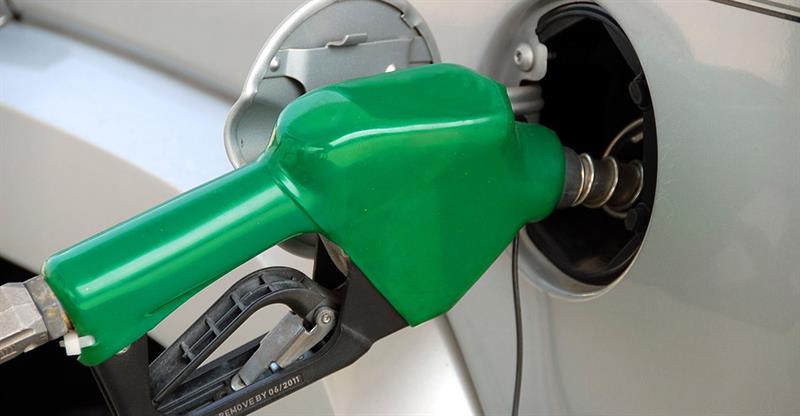AS OF MARCH 25, THE EXCISE TAX RATE HAS BEEN ADJUSTED TO THE TARGETED $4 PER GALLON ON GASOLINE, DIESEL.
 The Department of Finance wishes to inform the public of government’s policy regarding the pricing regime for gasoline and diesel in Saint Lucia.
The Department of Finance wishes to inform the public of government’s policy regarding the pricing regime for gasoline and diesel in Saint Lucia.
Four tax components influence the price of petroleum products (gasoline and diesel) in Saint Lucia. These are the invoiced CIF prices of imported petroleum, wholesaler and retailer guaranteed margins and the rate of excise tax. Two of those components namely the wholesaler and retailer margins are fixed, while the rate of excise tax and invoiced CIF prices vary.
The price fluctuations experienced by consumers are therefore due to either: Invoiced CIF prices increasing or decreasing while the rate of excise tax remains constant; OR Invoiced CIF prices increasing or decreasing while the rate of excise taxes are allowed to fluctuate.
Imported CIF prices are not influenced by government and reflect the impact of global petroleum market developments and purchasing arrangements between the petroleum wholesalers (Rubis West Indies Limited and Sol EC Ltd) and their suppliers.
Government therefore has direct influence over one component of the price build up, i.e. the rate of excise tax, which influences the final price to consumers. Government from time to time varies the rate of excise taxes in an attempt to achieve two policy objectives namely: (1) price stability and (2) cushioning of upward movements in imported CIF prices of fuel, which otherwise would have resulted in higher fuel prices.
Pursuant to section 20 of the Excise Tax Act Cap 15.07, the Minister responsible for Finance may by order amend the rates in the schedule to this act including fuel products. These excise tax rates, as determined by the Minister of Finance, are published via Statutory Instrument in the Gazette on every instance where there are rate changes.
During fiscal year 2018/19, the government sought to achieve both policy objectives i.e. price stability and cushioning of price increases above a certain threshold by varying the rate of excise to ensure that the price stayed at or below the price cap $13.95. Cushioning upward price movements requires that the rate of excise tax be lower than the budgeted target of $4.00 per gallon. Given upward imported CIF prices, government took a decision to lower the excise tax rate below $4.00 per gallon throughout the first eight (8) months (April to November) of 2018/19 in order to maintain prices at the price cap. This decision resulted in the price not exceeding the prevailing caps of $12.75 in April 2018 and $13.95 thereafter.
Towards the end of 2018 into early 2019, a downward momentum was observed in imported CIF prices of fuel products. This sustained decline allowed for partial recouping of revenue shortfalls associated with having excise tax rates below the budgeted $4.00. Subsequently, during the period December 10, 2018 to March 24, 2019, the rate of excise was above $4.00 per imperial gallon. Notwithstanding these recent higher rates, the estimated budgetary shortfall for 2018/19 is $5.3 million.
Projections for 2019 suggest comparatively lower world crude oil prices compared to 2018. Cognizant of these developments and as we approach a new fiscal year 2019/20, the excise rate has been adjusted to the targeted $4.00 per gallon on both fuel products, as of 25 March 2019. The government will continue to closely monitor developments in world oil prices and inform of any policy changes.
Please contact Ms Jemma Lafeuille or Mr. Janai Leonce of Research Policy Unit of the Department of Finance at telephone numbers 468-2555 or 468-2254 for any clarification.